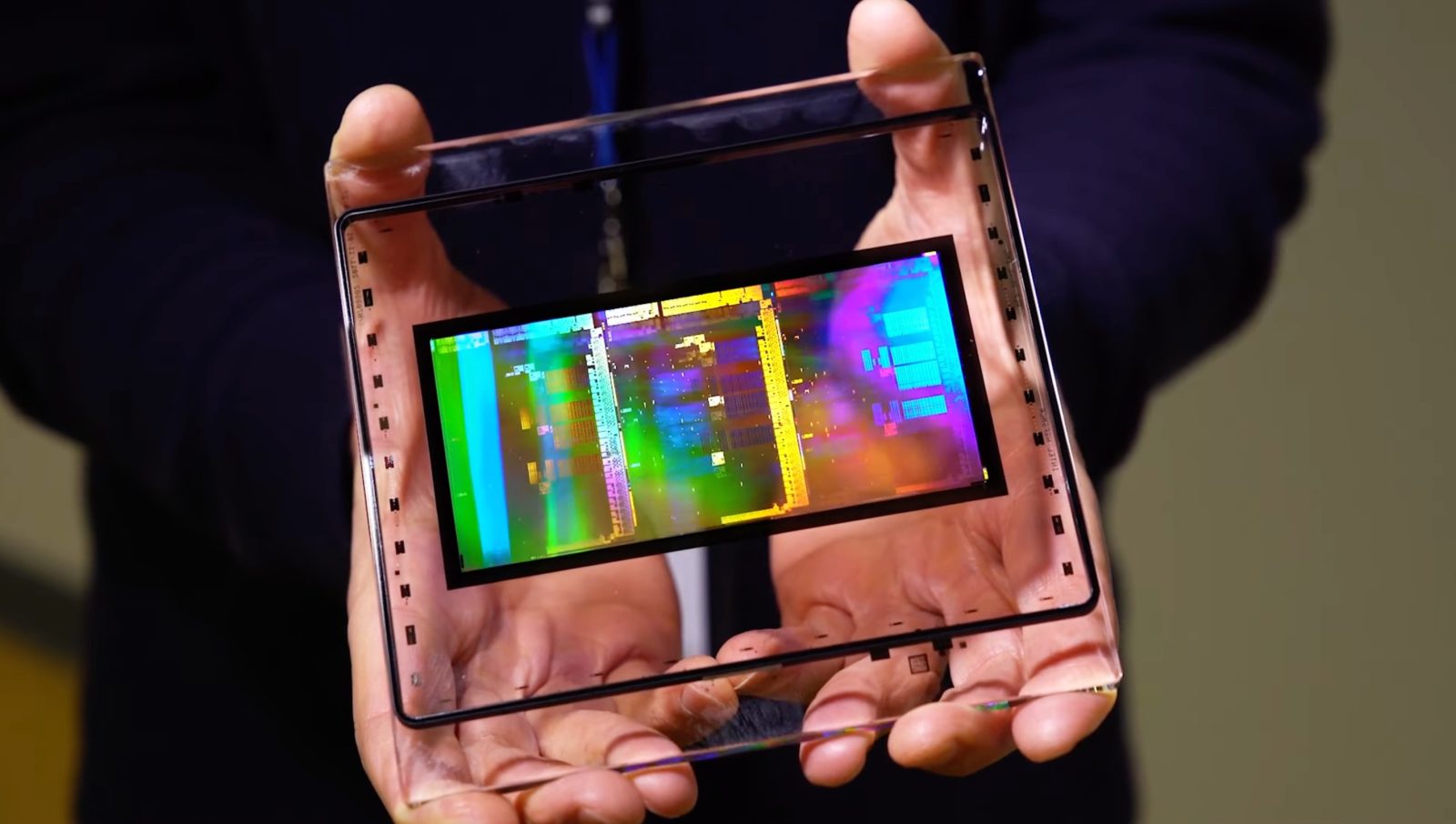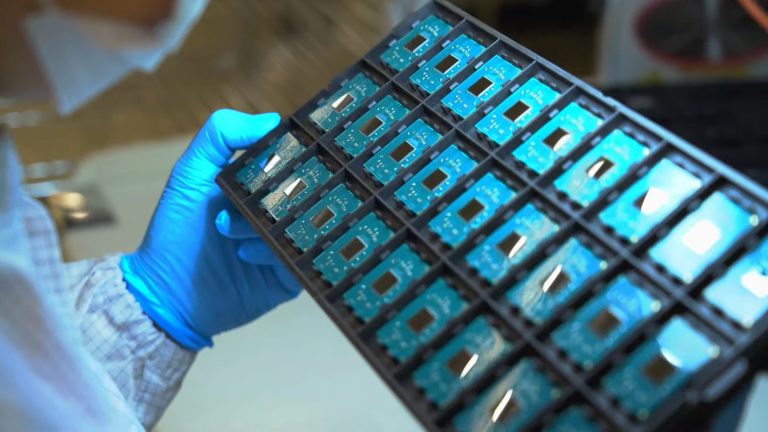Intel Corporation, the largest publicly traded semiconductor chip producer in the US, is expanding its manufacturing empire in Europe. The American multinational has secured a $3.2 billion grant from the Israeli government to set up a brand new $25 billion chip fabrication plant in Israel.
Dubbed Fab 38, the new facility is anticipated to be ten times larger than Intel’s existing plant in Kiryat Gat. It will also be fitted with state-of-the-art Extreme Ultraviolet (EUV) lithography equipment, which is crucial for the production of advanced semiconductor chips. Costing up to $200 million each, the EUV machines facilitate the carving of transistors into silicon wafers with laser light beams.
With this technology, chip makers can produce smaller, more efficient chips, something Intel already employs in its Leixlip, Ireland, fab for 7nm CPUs. Intel’s investment in the new Israel plant is part of its broader strategy to roll out several EUV-powered processes in the coming years. With any luck, this will help it bridge the gap with its greatest rival, Taiwan Semiconductor Manufacturing Company (TSMC).
Intel has been present in Israel for almost 50 years now. The chip manufacturer already has three plants, including Intel Haifa, Intel Petah Tikvah, and Intel Jerusalem.
Intel Haifa serves as a hardware and software development center for processors and AI; Intel Petah Tikvah houses the communication and AI solutions development center; and Intel Jerusalem focuses on software and cybersecurity developments. The latter also serves as the headquarters for Mobileye, the autonomous driving technology company that was acquired by Intel in 2017.
The tech company employs roughly 11,700 people across its four locations in Israel and also indirectly provides over 42,000 jobs. The expansion of the Kiryat Gat site is an integral part of Intel’s strategy to develop a more resilient global supply chain. Outside Israel, Intel has also undertaken major projects in the US and Germany, with plans to invest as much as $100 billion in Ohio and over €30 billion in Magdeburg, Germany.
Besides the $3.2 billion grant, Intel has also pledged to purchase $16.6 billion worth of goods and services from Israeli suppliers over the following decade. As Prime Minister Benjamin Netanyahu asserted, this investment is seen as a vote of confidence in Israel’s economy and technological capabilities, a move that will also contribute a great deal to the local economy and employment. In the greater scheme of things, Intel’s expansion is predicted to cement Israel’s position as a center of semiconductor tech and talent.

Construction for the new plant, which was announced earlier this year, has already begun, and the plant is expected to begin manufacturing in 2028 and continue operations through 2035.
However, Israel’s siege on the Gaza Strip places Intel in a difficult position. Calls for boycotts against companies in Israel have begun to gain momentum as the death toll in Gaza approaches 21,000.
Speaking of boycotts, Melissa Barrera was reportedly fired from the set of Scream 7 due to her Israel-Hamas posts. The future of the third film in the Scream reboot trilogy is now uncertain after its new director left the film following months of backlash.

